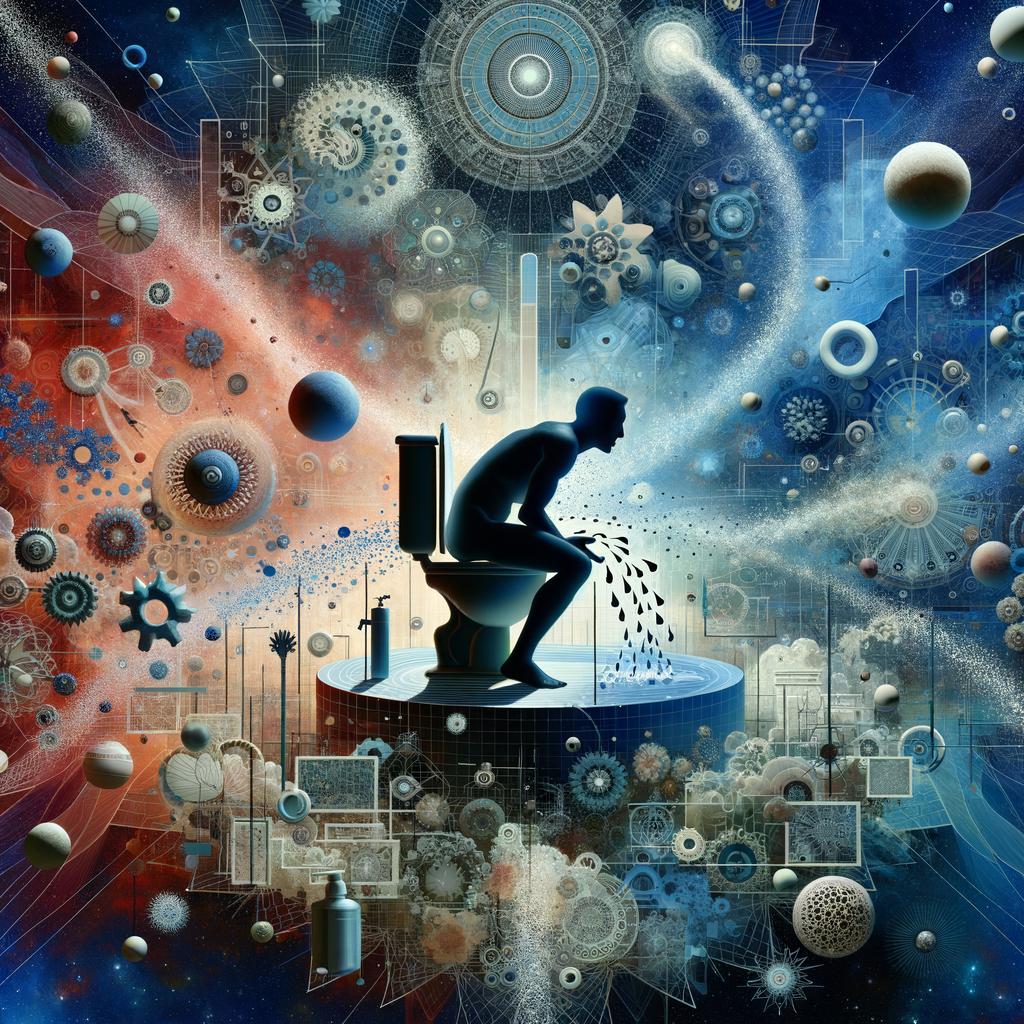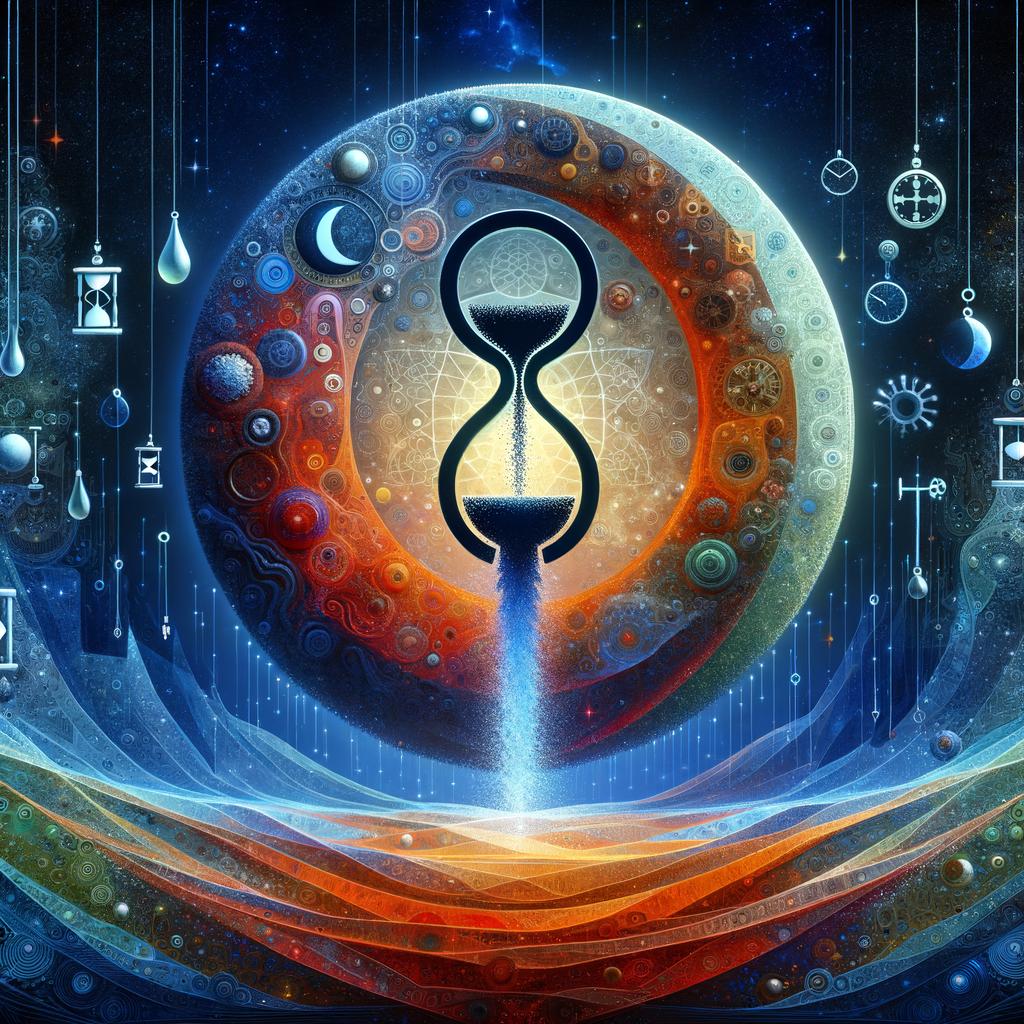
Introduction
Often we are lulled into peaceful slumber at night, only to be abruptly awakened by the nagging urge to urinate. You might ask, “Which term refers to frequent nighttime urination?” This scenario is termed Nocturia, a condition that can disrupt your well-deserved rest and affect your overall quality of life. This condition, as frustrating as it might seem, is most common among elderly men but can affect individuals of various ages and genders. Let’s take you down this enlightening journey, exploring this uncomfortable but common health issue in further depth – from its underlying causes to effective measures of control and treatment.
Understanding Nocturia: A Closer Look
Nocturia, surprisingly common yet often undiscussed, is when an individual wakes up at least once or more during the night to urinate. This condition, while distressing, can be a symptom of various underlying medical situations. Many people attribute frequent nighttime urination to being a part of the aging process; however, it is not exclusively a “senior problem”. Anyone affected by certain health conditions could experience Nocturia.
Causes of Nocturia
Nocturia might be an isolated issue, but more often, it’s a symptom of other medical conditions. It could be a side effect of certain medications. Diabetes, hormonal imbalances, urinary tract infections (UTIs), enlarged prostate and other conditions can also lead to Nocturia.
Recognizing Nocturia: Putting The Pieces Together
Symptoms of Nocturia extend beyond the frequent urge to urinate at night. It often involves excess urination during the day, incomplete emptying of the bladder, persistent urge to urinate, and feeling a pressure on the bladder even after urination. Such symptoms might impose not only physical discomfort but also psychological distress due to sleep disruption, affecting your daily routines and overall well-being.
Diagnosis of Nocturia
The first step towards diagnosing Nocturia involves your healthcare provider reviewing your medical history, followed by a series of tests that might include physical exams, urine tests, bladder diary and more. These interventions provide a comprehensive understanding of your condition and contributions to a personalized treatment plan.
Treating Nocturia: Light at The End of The Tunnel
Treatment of Nocturia is individualized and primarily depends on the underlying cause. If medications are causing the problem, your healthcare provider might consider changing or adjusting the dosage. Lifestyle changes like adjusting fluid intake, limiting alcohol and caffeine can also help manage this condition. Some medical conditions like UTIs and prostate problems might need specialised treatments or even surgeries.
Seeking Medical Aid For Nocturia
If frequent nocturnal trips to the loo have been disrupting your sleep and affecting your daily life, seek medical advice. Nocturia can often indicate serious health conditions that need immediate attention. It’s crucial not to ignore these symptoms and take the necessary steps towards accurate diagnosis and effective treatment.
Conclusion
To wrap it up, Nocturia, the medical term referring to frequent nighttime urination, can be a nuisance much more than a small discomfort. Being well-informed about Nocturia can empower you to seek timely help and reclaim your peaceful night’s sleep. As the saying goes, forewarned is forearmed – take this knowledge along and stay on top of your health!
Frequently Asked Questions
1. Is Nocturia a sign of diabetes?
Yes, both Type 1 and Type 2 diabetes can cause Nocturia. High blood sugar levels can lead to increased thirst and urination.
2. Can Nocturia be cured?
Nocturia can be effectively controlled with lifestyle modifications and medical treatments depending on the underlying cause.
3. Is frequent urination at night normal?
Occasional nighttime urination is normal, but if it’s a regular occurrence or is affecting your sleep, it could be a symptom of Nocturia.
4. What foods can exacerbate Nocturia?
Foods and drinks high in caffeine and alcohol can increase urine production and exacerbate symptoms of Nocturia.
5. Do men or women have higher rates of Nocturia?
The prevalence of Nocturia is nearly equal in both men and women; however, the underlying causes may differ due to anatomical and hormonal differences.


